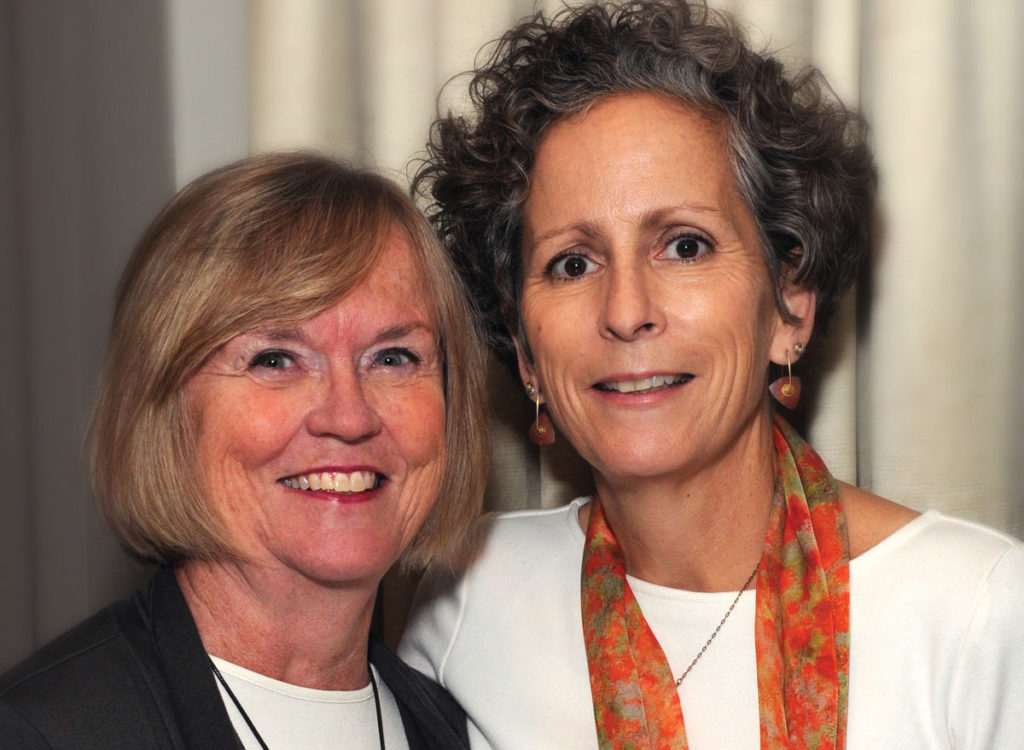Welch Senior Living Memory Care Program Leaders

Welch Senior Living Memory Care Program leaders, Ellen Laramee, RN, CDP and Joyce Watson O’Neil, LICSW, MPH, CDP have a combined 60 years of experience planning, developing and managing memory care programs. They are charged with setting the standards for our cutting-edge program, focused on person-centered care. Working in collaboration with executive directors and program directors they establish care protocols, and develop and implement specialized memory care staff training programs.
As Program leaders, they provide clinical oversight and quality assurance for care planning and resident engagement programs, and are important resources to support struggling to cope with a loved one’s diagnosis.
“Our new Duxbury House Memory Care Residence supports the uniqueness of each individual resident,” says Watson O’Neil, who has been with Welch Senior Living for 30 years. “That person – who they are, their life experiences, what they enjoy, their individual strengths – is at the center of their care. We provide a therapeutic environment focused on generating self-worth and positive emotions.”

Ellen Laramee, RN, CDP, a senior clinical assisted living and certified dementia practitioner with 30 years at Welch Senior Living, adds that a positive environment is created in part by setting up comprehensive service care plans. “These are designed to mirror what was done at home to help ease the transition to a memory care residence,” she says. Ensuring the plan development is custom tailored to an individual resident is the role of specially trained nursing staff, whom Laramee oversees. Welch Senior Living Memory Care staff are required to receive certification as Certified Dementia Practitioners (CDPs).
Watson O’Neil uses her role as a bridge between an exceptional care team and residents and their families. She sees the value in both sitting with a resident to write his or her story for reference when reminiscing, and meeting with a family member wondering how to broach the idea of the Memory Care Residence with their loved one. “By partnering with families in this way, we learn how to best expand opportunities to engage an individual,” Watson O’Neil said.